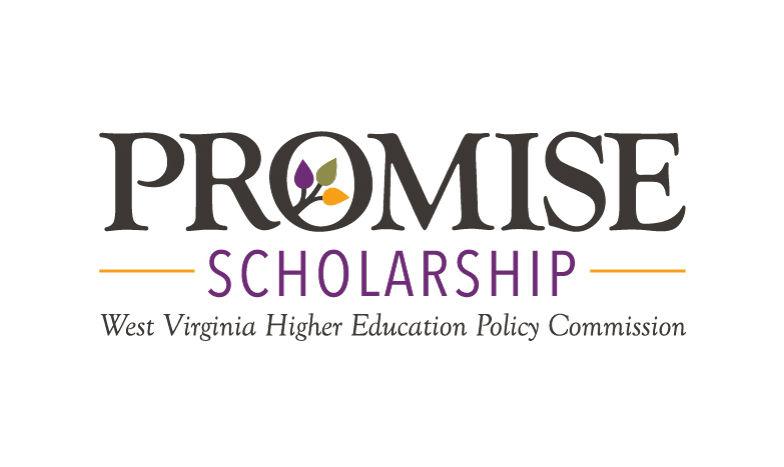The number of high school seniors who have applied for West Virginia’s signature Promise Scholarship has tumbled to about a third of what it was this time last year, the state’s higher education system chancellor says.
Applications for the up to $4,750-per-year college scholarship are still being accepted until March 1 for those who want to start receiving the money for next fall.
As long as you apply and fill out the required Free Application for Federal Student Aid (FAFSA) by then, you can still submit the required SAT or ACT score until Aug. 31.
But Chancellor Sarah Tucker noted Friday that a little more than 2,300 students had applied so far, compared to more than 6,700 last school year.
“These numbers worry me,” she told members of a higher education policy board. “And they should worry all of you.”
She cited multiple reasons for the drop — all related to the pandemic and the connected school closures.
“High school students are dealing with immediate concerns right now: Are they going to be in school in-person, are their sports going to be playing, how do they keep their grades up and, most importantly, how do they stay safe, how do they keep their families safe?” Tucker said.
Also, “we have so many [high school] students who have chosen to go to virtual school and so many students who have chosen to do homeschooling this year.”
Online-only public and private school students, as well as homeschoolers, are eligible for the scholarship, just like in-person public schoolers. Many students are enrolled in-person currently but are only attending online because COVID-19 related issues have shuttered their classrooms.
Tucker said many high schools used to put all their seniors together in a computer lab and have them fill out applications, but they can’t do that currently.
“We also have [high school] counselors who are spread really, really thin,” she said. “They’re trying to deal with food insecurity, they’re trying to deal with mom and dad calling because of fears about COVID, they’re trying to deal with making sure classes are safe for their students — and filling out the Promise Scholarship is, understandably, not on the forefront of their minds right now.”
Tucker said her agencies are planning to run a digital marketing campaign this December to attract applicants.
She said to increase applications, “the best way I know how to do that is just to keep talking about it and talking about it and talking about it and talking about it, until people are sick and tired of hearing me talk about it — because then maybe they’ll fill out their applications.”
You can use the scholarship to attend in-state public and private nonprofit two-year or four-year schools, like West Virginia University and West Virginia Wesleyan College. You can go to cfwv.com/promise to learn more about the requirements and apply.
Also Friday, the state Higher Education Policy Commission board, to whom Tucker spoke, put off voting on approving incoming West Liberty University president W. Franklin Evans’ compensation.
A spokeswoman for the commission said the commission doesn’t yet have a signed contract. A spokeswoman for West Liberty said the university failed to send a letter to the commission saying the university’s Board of Governors had approved the contract, so the approval had to be deferred to a later date.
West Liberty has offered Evans a two-year contract with a base salary of $225,000 per year. Atop that, the contract would give him a $1,000 monthly vehicle stipend for a vehicle for both professional and personal use and require him and his family to stay in the university president’s house, for free.


PRIME BIOME REVIEWS
PRIME BIOME REVIEW
PRIMEBIOME
PRIME BIOME
PRIME BIOME REVIEWS
PRIME BIOME REVIEWS